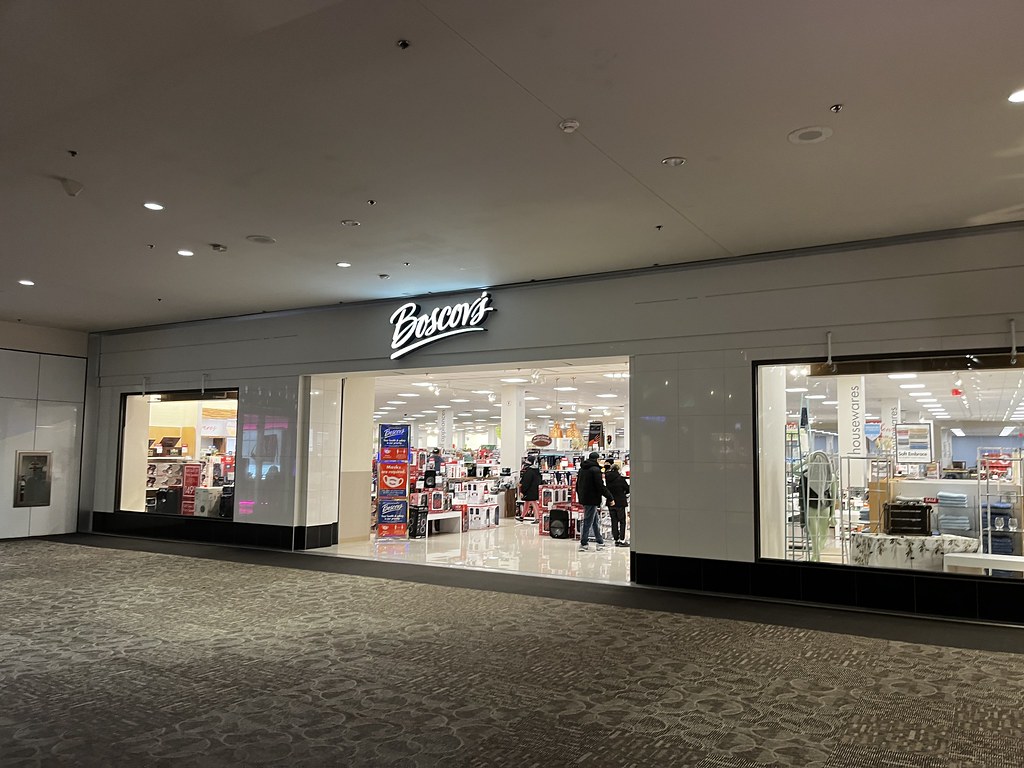Imagine suddenly discovering a hidden apartment right beneath the busy floors of a shopping mall, fully equipped with a PlayStation and a sense of homely defiance. This is the real-life experience of Michael Townsend and his band of artist rebels. Their ordeal focuses on creativity, resilience, and being against the march of commercial development. We’ll focus on this urban exploration and artistic expression.

Michael Townsend, with seven other artists, designed a living space in a forgotten 750-square-foot area underneath the sprawling Providence Place Mall in Rhode Island. Their new discovery became their home, studio, and statement against the developer-driven displacement they were faced with. From 2003 to 2007, they made this hidden apartment their own, furnishing it with all the necessary gadgets, including a TV and a PlayStation.
Their newly found apartment can be traced back to 1999, when Townsend would do his routine jogs around the newly constructed Providence Shopping Mall. It was during these jogs that he discovered the space. However, the thought of moving into that space came years later after Townsend and his friends were threatened out of their condo by the very developers behind the mall.
However, their response was both innovative and brave. Inspired by a radio ad that proposed the idea of living at the mall, Townsend immediately thought of the unused space he had seen years earlier. This birthed the plan to “develop the developer.” The artists commenced on the house project, getting in furniture and supplies and gradually changing the industrial void into a cozy home.
Their secret apartment had other areas that were evenly designed by them, which included plans for a kitchen, wood flooring, and even a second bedroom. However, their dreams for the apartment never materialized as they were unfortunately discovered by mall security.
Townsend’s artistic protest ultimately got him a misdemeanor charge for trespassing, but one that didn’t come without a conversation about the use of urban spaces, the rights of squatters, and the impact of development on communities. The rules guarding squatting vary across the US, and the penalty for defaulting depends on the state, the length of occupation, and the property owner’s wishes. In some circumstances, squatters may even claim rights to a property after a certain period. However, in the UK, there are stricter laws against squatting, especially in residential properties, with possible penalties including prison time and fines.
Townsend shared his view on the transient nature of their undertaking and the broader implications of their actions. The secret apartment served not only as a shelter but also as a statement, a form of artistic expression that challenged conventional notions of property and home. Despite the project’s abrupt end, Townsend and his companions demonstrated the power of creativity and resilience in the face of adversity.
The adventure story of the secret mall apartment is a captivating narrative of defiance, creativity, and the quest for understanding in an ever-commercializing world. Townsend and his band of artist rebels remind us of the beauty and expression that can be found in odd places, which encourages us to look beyond the surface and consider spaces in new and imaginative ways. Their story is proof that those who dare to dream can lead them to an expected end.
Related posts:
I lived in secret apartment inside a shopping centre unnoticed for four years
Man lived in shopping centre for four years after making ‘secret flat’ in unused room
‘Secret Mall Apartment’ Reveals the 8 Rhode Islanders that Lived Inside a Mall for 4 Years



